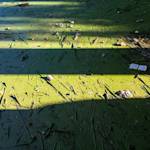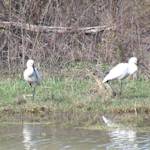Volga Delta
2023 CE • Russia and Kazakhstan
"The Volga River drains much of western Russia’s industrial region as it travels southward to empty into the Caspian Sea. Over thousands of years, the river has built a tremendous delta that forms the northwestern shoreline of the Caspian Sea. The delta channels provide transportation between the heartland of Russia and the oil-rich Caspian Sea. The Volga’s extensive distributaries (branches to the sea) harbor habitat and rich fishing grounds for Russia’s famous beluga sturgeon, the source of beluga caviar. The delta’s wetlands, parts of which are designated as the Astrakhanskiy Biosphere Reserve, are important stopping points and breeding grounds for migrating water birds." Since the mid-20th century, the Delta and its wildlife have faced an array of threats, including agricultural development, overgrazing, and urbanization, which have resulted in habitat degradation and fragmentation.
Quote: "Volga River Delta," Earth Observatory, NASA.
Harald J. L. Leummens, "Volga River Delta (Russia)," The Wetland Book, January 1, 2016.
Image: Ted.ns, CC BY-SA 4.0, via Wikimedia Commons
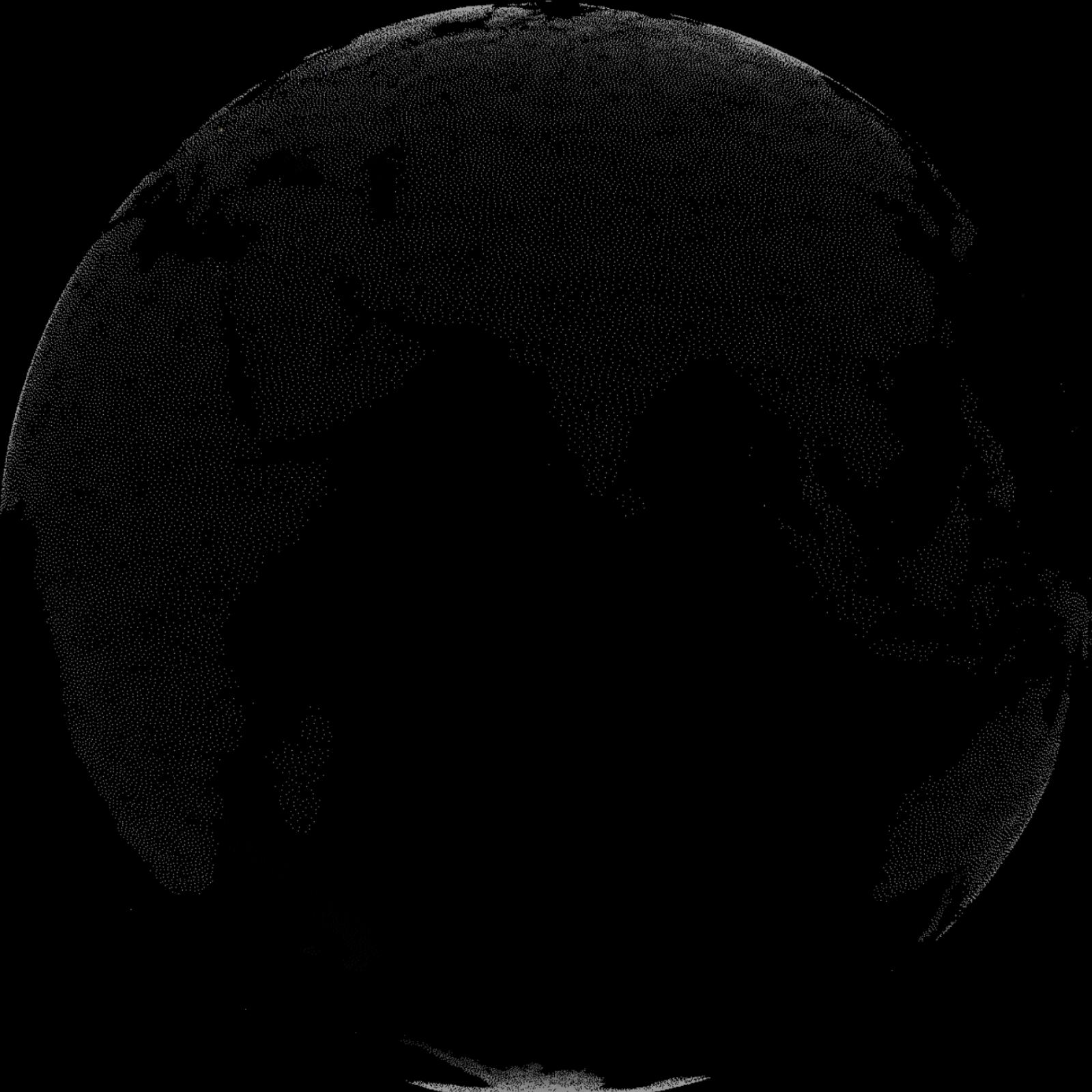

Learn about Maya Lin’s fifth and final memorial: a multi-platform science based artwork that presents an ecological history of our world - past, present, and future.
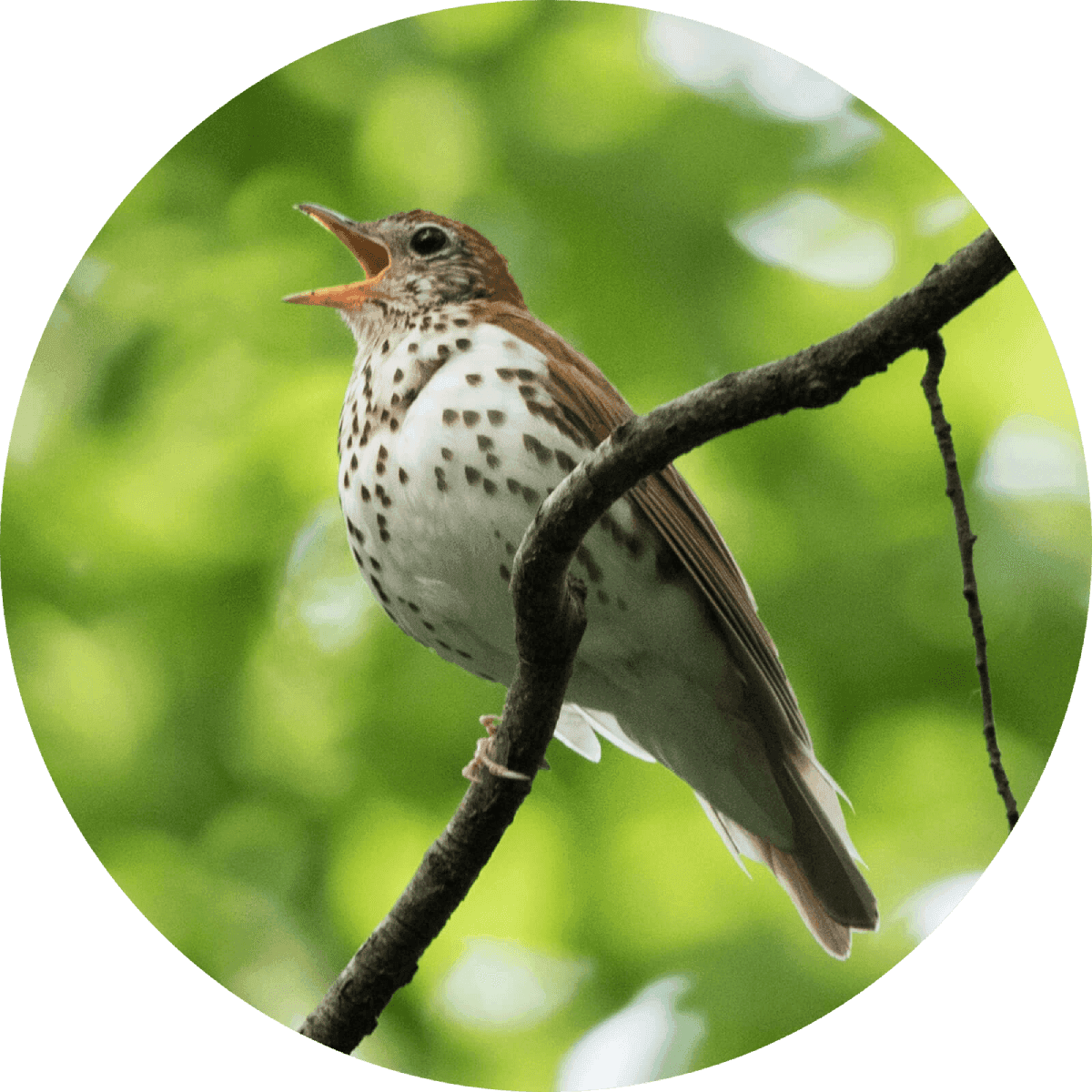
Discover ecological histories and stories of former abundance, loss, and recovery on the map of memory.
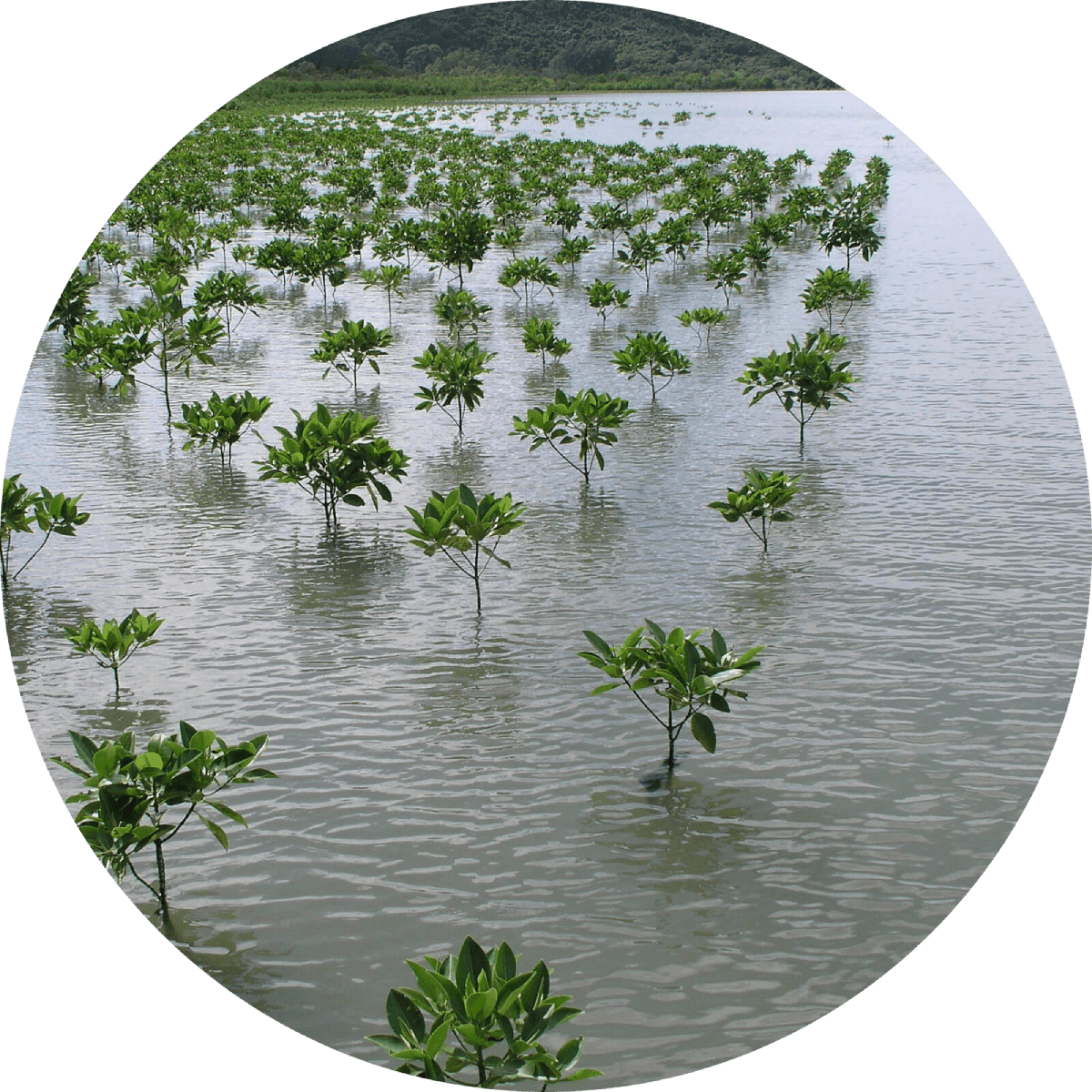
Learn how we can reduce our emissions and protect and restore species and habitats – around the world.

See how art can help us rethink the problems we face, and give us hope that each one of us can make a difference.

Help make a global memorial something personal and close to home. Share your stories of the natural world.

